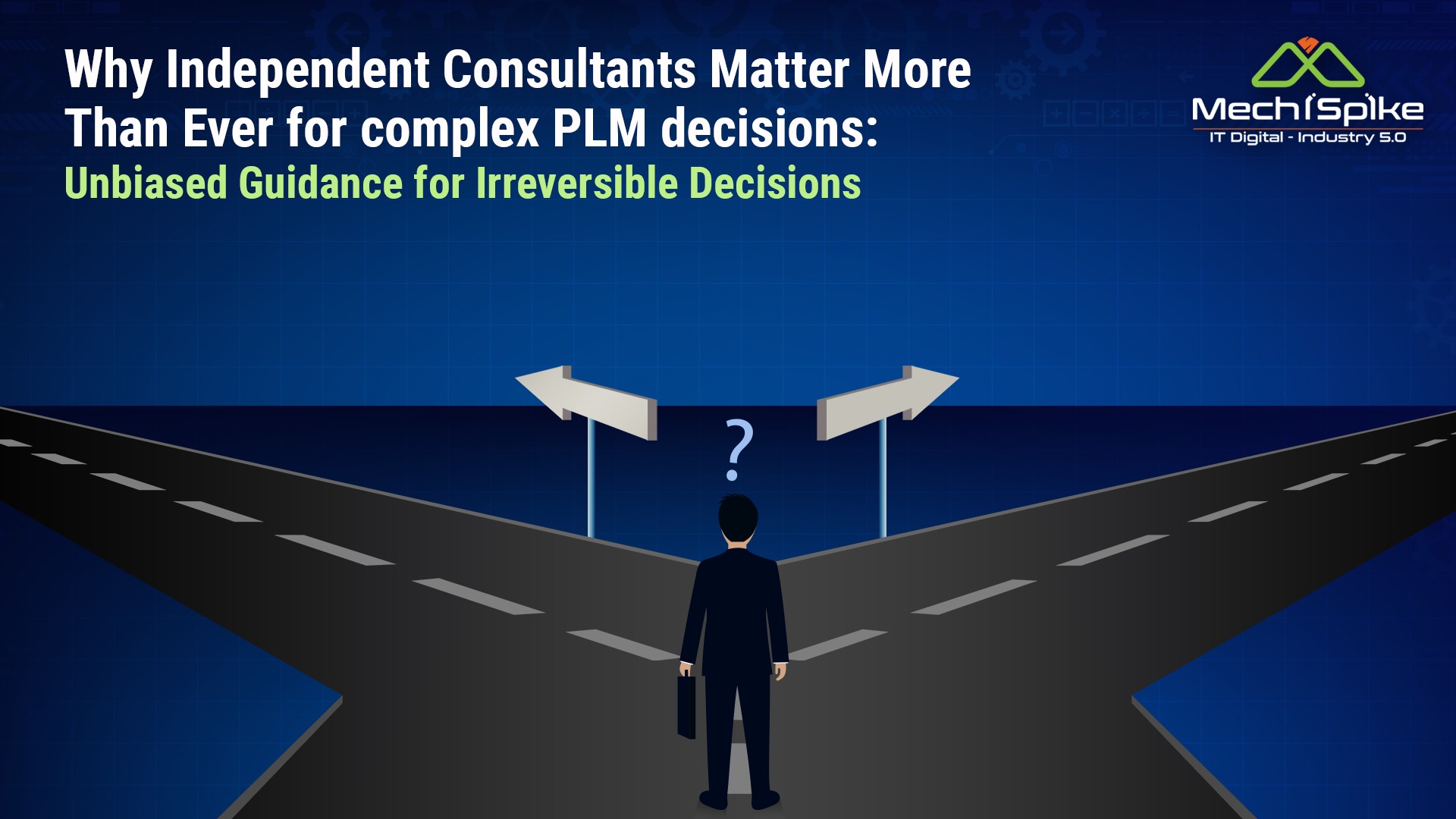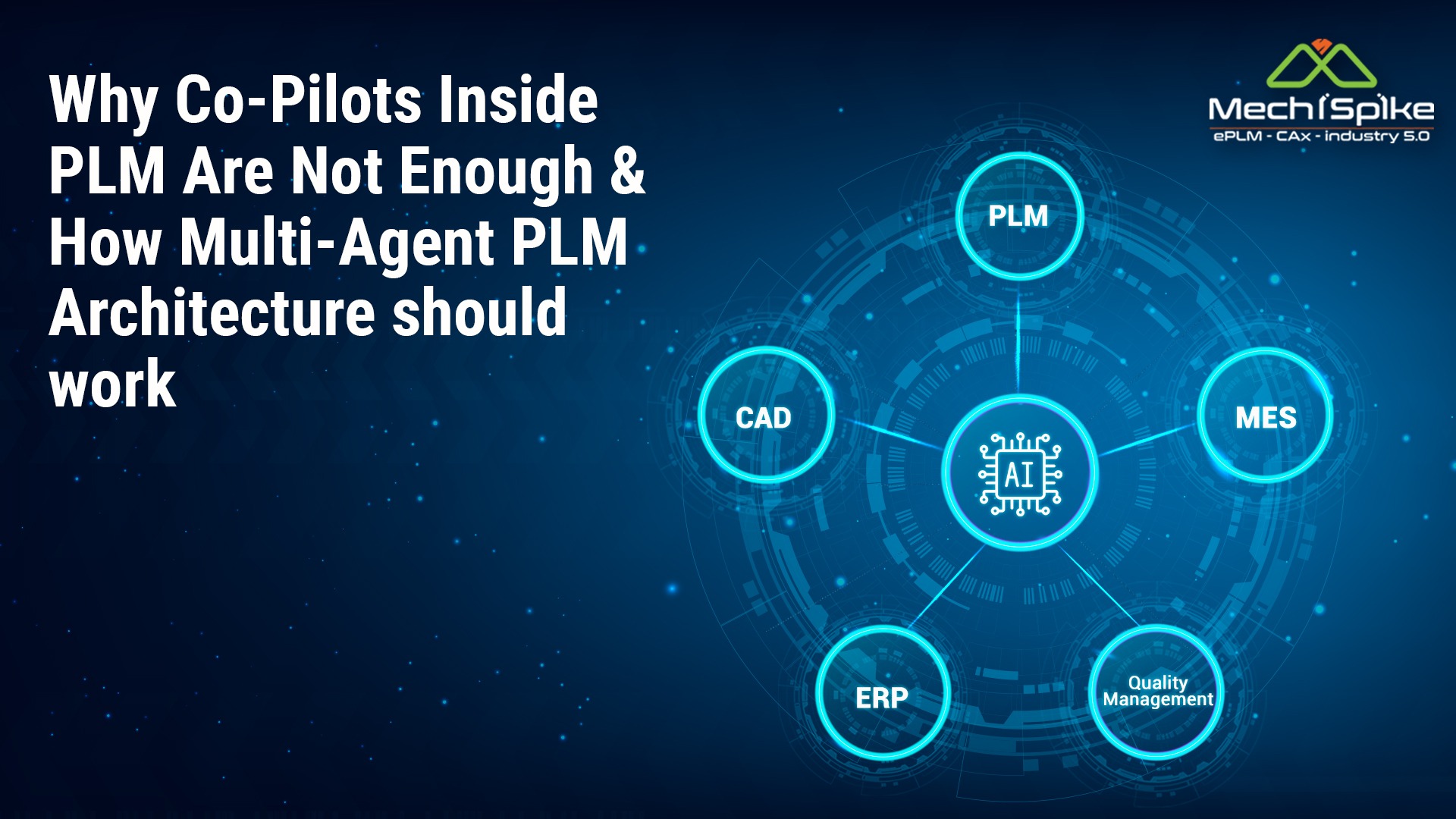
PLM Project Management : Planning and Budgeting
In our weekly journey to better our PLM ROI with this newsletter, last time we discussed about AMS Shared Services for PLM Support.
In this edition, let us talk about PLM Project Management : Planning and Budgeting.
Product Lifecycle Management (PLM) has become a critical component in modern business strategies, ensuring efficient product development from inception to disposal.
As organizations embrace PLM, effective project planning and budgeting play pivotal roles in the success of these initiatives.
This article delves into the intricacies of PLM project planning and budgeting, exploring overarching project management principles and shedding light on major pitfalls that organizations must navigate.
PLM Project Planning:
Definition and Importance
PLM Project Planning involves defining the scope, objectives, and tasks required for successful implementation. It serves as the roadmap for integrating PLM systems into existing workflows and processes. This phase is crucial as it sets the foundation for subsequent project activities.
Key Project Planning Principles:
- Define Clear Objectives:Clearly articulate the goals and expected outcomes of the PLM project. Ambiguous objectives can lead to confusion and hinder progress.
- Engage Stakeholders:Involving key stakeholders from various departments fosters collaboration and ensures that the PLM solution aligns with the organization’s overall strategy.
- Risk Assessment and Mitigation:Identify potential risks early in the planning process and develop strategies to mitigate them.
Common risks in PLM projects include Data Migration Challenges, PLM Adoption (resistance to change), and Integration Issues.
- Resource Allocation:Adequately allocate resources, including personnel, time, and technology, to ensure the project stays on track and within budget.
Right People at Right Place at the Right Time with Right Skills, Right Tools and Right Targets is important for any project to be successful.
- Phased Implementation:Break down the PLM project into manageable phases. This approach allows for incremental progress and helps in addressing issues as they arise.
PLM Project Budgeting:
Budget Definition and Allocation
PLM Project Budgeting involves estimating the costs associated with implementing and maintaining the PLM system.
A well-structured budget ensures that financial resources are allocated appropriately, preventing overspending and unexpected expenses.
Key Project Budgeting Principles
- Comprehensive Cost Analysis:Conduct a thorough analysis of all costs involved, including software licenses, hardware, training, and ongoing maintenance.
Failing to account for hidden costs can lead to budget overruns.
- ROI Assessment:Evaluate the return on investment (ROI) for the PLM project. While the initial investment may be significant, the long-term benefits, such as increased efficiency and reduced time-to-market, should justify the costs.
- Contingency Planning:Incorporate a contingency fund into the budget to account for unforeseen challenges or changes in project scope. This ensures financial flexibility and minimizes the impact of unexpected expenses.
- Vendor/Partner Negotiation and Contracts:When selecting PLM software vendors/partners, negotiate pricing and contract terms diligently. Clearly define deliverables and payment schedules to avoid disputes during implementation.
- Regular Financial Monitoring:Implement a system for ongoing financial monitoring to track expenditures against the budget. Regular reviews enable timely adjustments and prevent budgetary deviations.
Major Pitfalls in PLM Project Planning and Budgeting:
Lack of Executive Support
One of the most significant pitfalls in PLM project planning is the lack of executive support. Without buy-in from top-level management, securing necessary resources and overcoming organizational resistance becomes challenging. Executive support is essential for navigating hurdles and ensuring the project stays aligned with strategic objectives.
Inadequate Change Management (Poor PLM Adoption)
Resistance to change is a common challenge in PLM implementations. Inadequate change management strategies can result in employees resisting the new system, leading to inefficiencies and decreased productivity.
A comprehensive change management plan, including communication, training, and ongoing support, is crucial for successful PLM adoption.
Poor Data Migration Planning
Data migration is a complex aspect of PLM projects, and inadequate planning can lead to data inconsistencies and errors.
Organizations must invest time in understanding their existing data structures, cleansing data, and ensuring a smooth transition to the new PLM system. Failure to do so can result in costly rework and disruptions in operations.
Overlooking Integration Challenges
PLM systems often need to integrate with existing enterprise systems such as ERP and CRM. Ignoring integration challenges during project planning can lead to data silos, duplication of efforts, and reduced overall system efficiency. Thoroughly assessing integration requirements and developing a robust plan are critical for seamless PLM integration.
Unrealistic Timelines
Setting unrealistic timelines for PLM projects is a common pitfall.
Rushing through phases of implementation can lead to oversights, increased risk of errors, and compromised system stability.
Organizations should prioritize a realistic timeline that allows for thorough testing and ensures the successful adoption of the PLM solution.
Conclusion:
Successful PLM project planning and budgeting require a meticulous approach aligned with fundamental project management principles.
Organizations must emphasize clear objectives, stakeholder engagement, risk mitigation, and resource allocation.
Additionally, understanding and addressing major pitfalls such as executive support, change management, data migration, integration challenges, and realistic timelines are crucial for achieving optimal outcomes in PLM implementations.
By navigating these challenges effectively, organizations can harness the full potential of PLM systems to streamline product development and gain a competitive edge in the market.
At MechiSpike, we can help Global organizations in all types of PLM Projects, be it, PLM Implementation, Data Migration and Upgrade, Testing and Support.
For more details : Click Here.
With MechiSpike, you can leverage your PLM to the fullest.
Subscribe Now to get this Weekly Newsletter delivered in your Inbox directly :
Our mission : To equip you with the knowledge and tools you need to drive value, streamline operations, and maximize return on investment from your PLM initiatives.
Over the coming weeks and months, PLM ROI Newsletter will guide you through a comprehensive roadmap to help you unlock the full potential of your PLM investment.
We are committed to be your trusted source of knowledge and support throughout your PLM journey. Our team of experts and thought leaders will bring you actionable insights, best practices, case studies, and the latest trends in PLM.
Subscribe Now to get this weekly series delivered into your Inbox directly, as and when we publish it.
To your PLM success!
Warm regards,
Visit Us: www.mechispike.com


